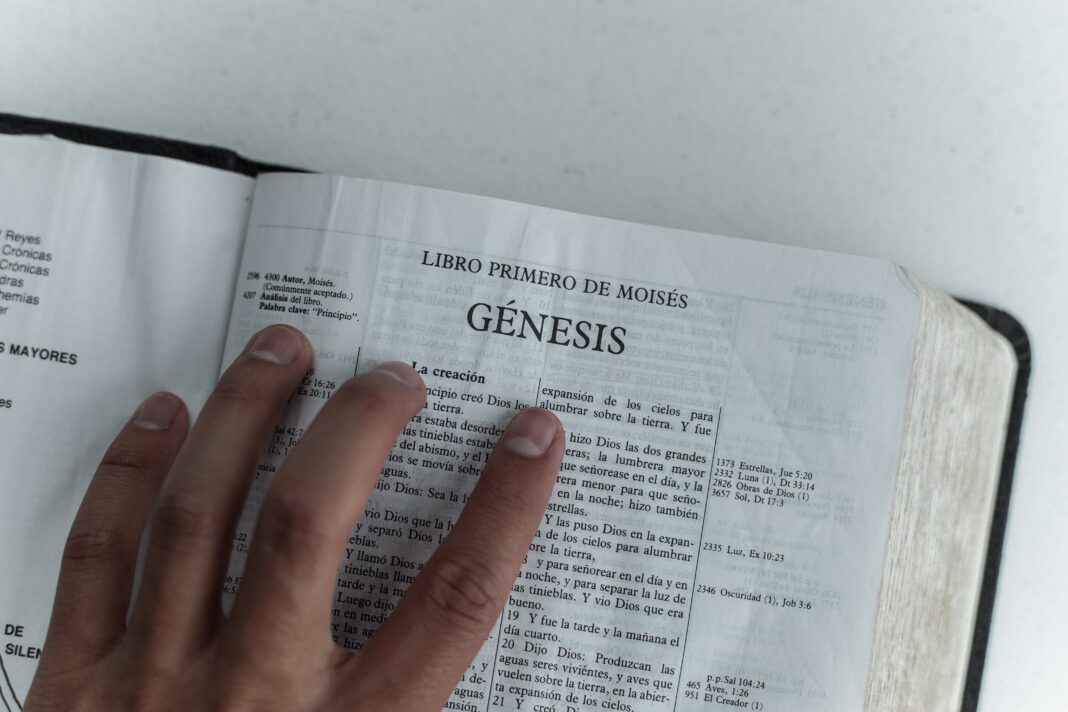In the course of the ages, God has revealed to the people under various names.
• In the first chapter of the Bible, the cross itself has God, which is written in the Hebrew text as Elohim or Elohim (plural from El, ‘strength’). Through the name of the Holy Scripture, showing God that the Creator and Omnipotent is omnipotent. The plural form on Eloah and Elohim (plural) depicts the greatness and superiority of the essence of God; signifying the worship of God in heaven and earth, in everything, visible and invisible. In the Greek Bible, Elohim is Theos, and in the Church Slavonic translation, God.
• The Lord – Yahweh (Yahwe, Jahveh/Jahvah) or mistakenly conceive of Jehovah in the Middle Ages, written from the tetragrammaton YHWH (iod, heh, vav, heh) – is used for the right of the comrade is newly named, and the commodity is so, for the sake of the person who has been created, for ex. follow the places: “… and who (when Noah was in the ark), males and females from all kinds of plaits, as God [Elohim] commanded him. And the Lord (God) [Jehovah] shut up the trace of him (ark)” (Gen. 7:16); or “… now you have betrayed the Lord [Jehovah] … and the earth has come to know what God [Elohim] is to Israel” (1King. 17:46); or “Josaphat is out, and the Lord [Jehovah] helped him, and God [Elohim] turned away from him” (2 Chronicles 18:31) On the other hand, God the Lord for His election, and for the twigs left the very Almighty God.
• With name Adonai (Lord – from the Hebrew word “adon” – lord, written from another tetragram: aleph, dalet, nun, yod) in III century. the Jews conceived and called Yahweh while even on the textual enlightenment. That became a trace in time for the priest Simon the Righteous was entered taken away for pronouncing on YHWH in worship. For the difference from the royal title adoni (lord, lord), Adonai (my Lord) is self-identified as God. In many places, the Comrade has a cross-section of such a reference even in the ancient texts (Gen.15:2,8; Ex.4:10,13; Deut.9:26; Joshua 7:7, etc.). In the temple of the Lord, Adonai was pronounced, the 72nd translators into the Septuagint was laid down on the site of the tetragrammaton Kyrios (Lord), a trace of some of h. apostles, and even we to this day, YHWH Lord.
Apart of these names in the Hebrew text on the Holy Scriptures are crossed by other names for God:
• Elion (meaning Vsevyshen, for example, follow the thought: “… Abram spoke to the king of Sodom: rise my hand to the Lord God All-Migthy [Elion], the Possessor of heaven and earth …”, Gen. 14:22);
• Shadai (meaning the Almighty, for example: “… Behold, I came to Abraham, Isaac and Jacob with the name “God Almighty” [Shadai]; and with the name Xi” Lord” [Jehovah] did not reveal it to them”, Ex 6 :3). Psalm 90:1-2 is read in the original as follows: “Someone is more alive under the protection of the Almighty [Elyon], that dwelling under the syankat on the Almighty [Shadai], and the tells to the Lord [Jehovah]: This is my refuge, my protection, God [Elohim ] my, Whom I hope for!” El-Shadai is translated into the Greek Bible from Pantokrator, and into the Central Slavonic translation from the All-Migthy.
• God’s name Savaot (Heb. Tsevaot, from the noun Tsava – troops, army, wars) is used in the original text in this meaning in Ex. 6:26; Numbers 31:53, etc., but in the meaning of “heavens of war” (and planets, and Angels) – in Deut. 4:19; 17:3; 3Ts 22:19; Isaiah 24:21; Dan. 8:10. But in the Scriptures, Savaot, having used nay-veche with the thought “The Lord is at war”, exalted God’s dominion over all forces in heaven and the earth. Which are the only names from God, then depicting the boundless greatness of God, There is no dominion over everything created, There is no omnipotence and No glory. The same God is on the war, the Lord is on the strength. He is a Master of everything, omnipotent and omnipotent. Surrounded Him with the Angels and all the heavens of war. On Him, this is conquering and glorifying Him, nature tsyalat; all the creatures are unfailingly witnesses to Negative strength and might, to Negative greatness and glory (2Ts 5:10; Is 6:3; Hos 12:5; Zech 1:3). In the New Testament, Sav(b)aot has crossed itself into the collective epistle Jas 5:4 and into the epistle Rom. 9:29.
• God’s name Choel (Redeemer) is now meeting in “Youself is our Father; for Abraham did not know, neither did Israel recognize for his own; You, Lord, this is our Father, answer Your name is: “Our Redeemer” (Is. 63:16) and elsewhere in Holy Scripture.
Apart of the cited God’s names in the Bible, there are the definitions or characteristics of God (something they understand they call names):
• spirit (John 4:24),
• avenger (Nahum 1:2),
• fire spreading (Deut. 4:24; Isaiah 33:14; Heb. 12:29),
• Zealot (Ex 34:14; De 6:15; Nahum 1:2),
• light (1 John 1:5),
• fear of Isaac (Bit 31:42,53),
• Sediah (Job 23:7),
• Creator (Job 4:17; Ps. 94:6; Rom. 1:25),
• Comforter (Isaiah 51:12).
In the New Testament, God revealed himself in His Son Jesus Christ (Jn 1:18).
Photo by Luis Quintero:









